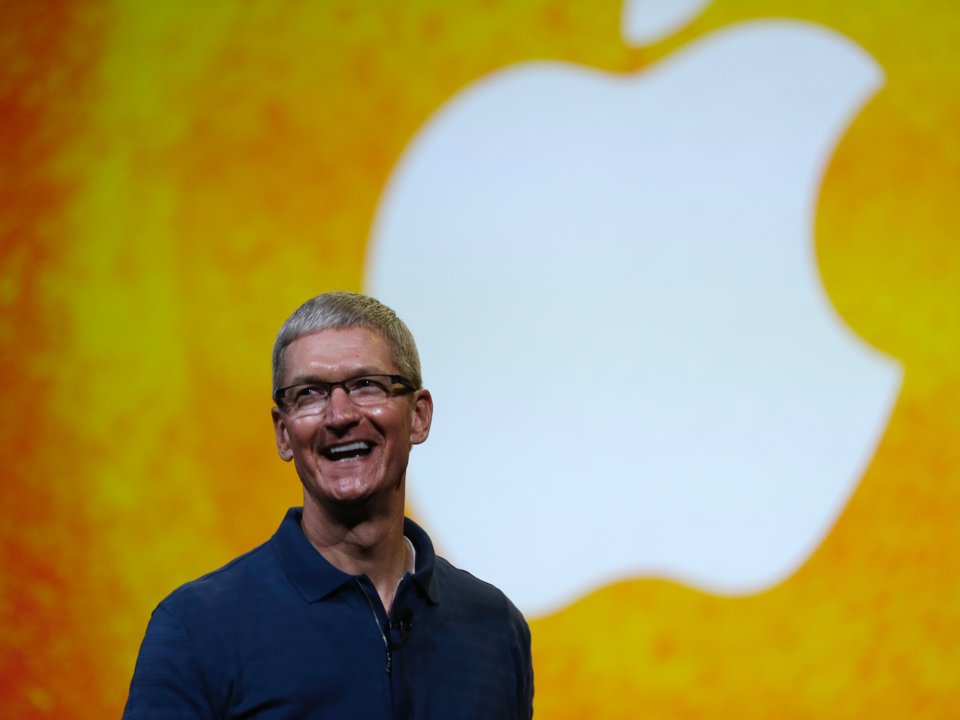Apple is not afraid of investments and thanks to free funds it spends and buys smaller companies and startups from time to time. In the last six months, he acquired over twenty subjects.
However, unlike other tech giants, the Cupertino company doesn't brag about its purchases. At the same time, he buys quite often and especially looks for smaller interesting technology companies and startups. But sometimes he ventures outside the standard field, especially when the purchase brings him new technologies and patents.
It could be interest you

In an interview with CNBC, Tim Cook wasn't afraid to brag about Apple letting loose and "spending" a little. In the last six months, Apple has bought between 20 and 25 smaller entities. However, he did not want to disclose specific details.
He then added that on average Cupertino buys one smaller company roughly every two to three weeks.
"If we have spare money left over, we're always thinking about what else we could do. In this way, we buy everything we need and that fits our long-term strategic goals and direction. So, on average, we buy one company every two to three weeks.”
Cook was extremely tight-lipped about additional information. Nevertheless, he noted that the value for Apple is not so much the company itself, but "talents and intellectual property".
"Apple doesn't often announce these deals because the companies we buy are small and we're primarily looking for talent and intellectual property," he noted.

Apple bought Shazam, but so did many other startups
However, on the Internet often Cupertino's acquisitions will trickle down after all. Among the most famous ones from 2018 are Texture, Buddybuild and Shazam. In the economic results, Apple announced, among other things, that it has more than 200 billion dollars available on its account. Further purchases will probably not be long in coming.
So the main goal is not actually to maintain the brand and product of the purchased company. Apple is mainly aimed at capable people who are working on something interesting. They often then include the technology in their own products and people start working as Apple employees. A small company usually ends its life cycle by being bought out.
Today, many of the startups even choose such a strategy that the final plan is the purchase of the given company by one of the big companies.
It could be interest you

Source: 9to5Mac